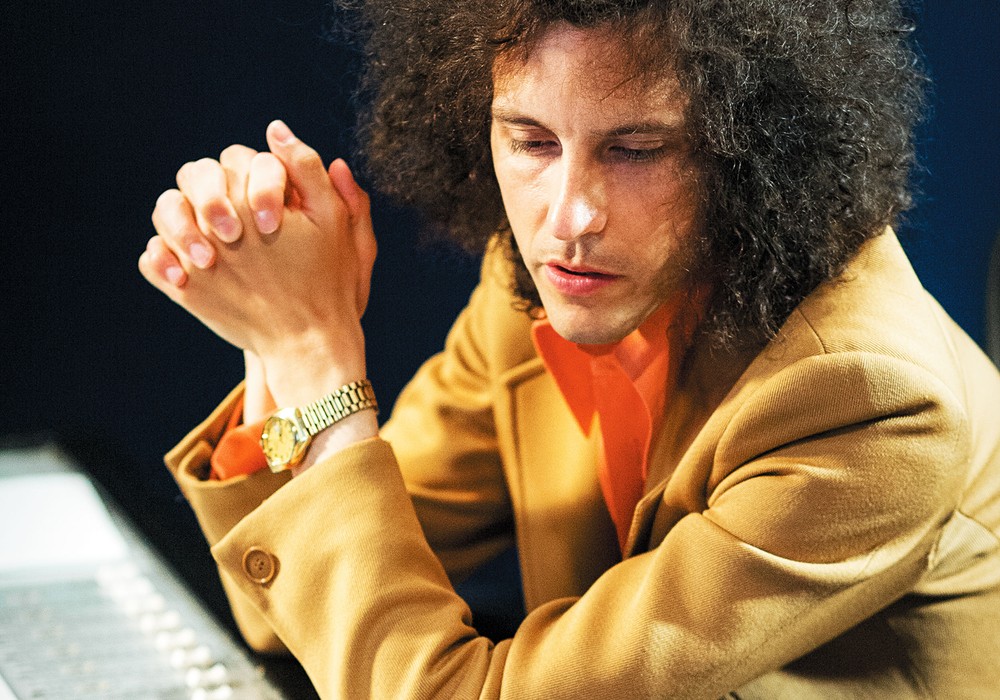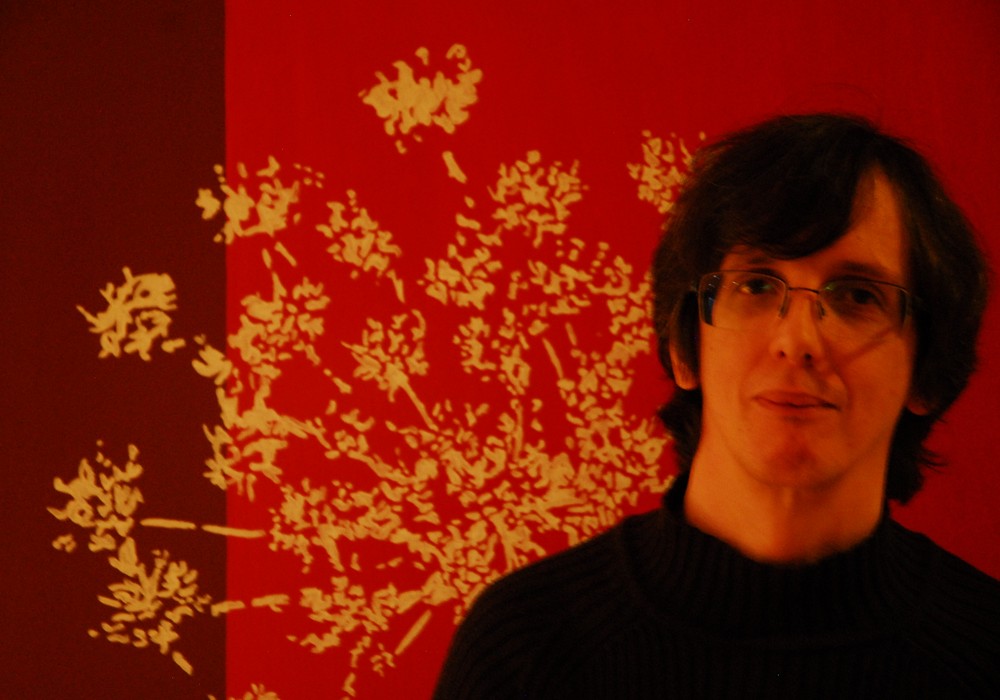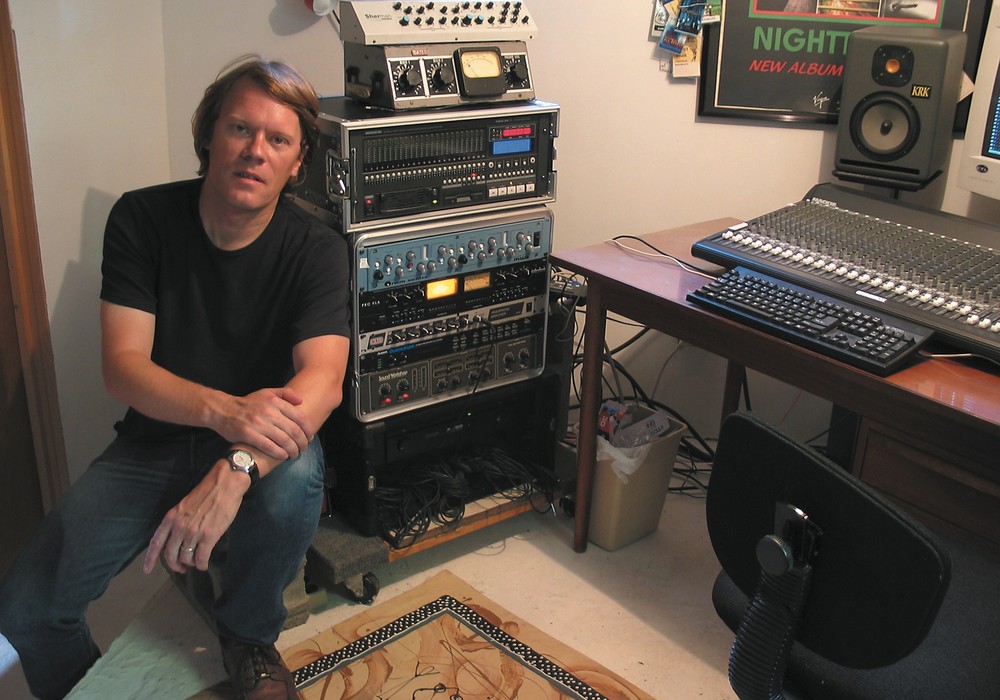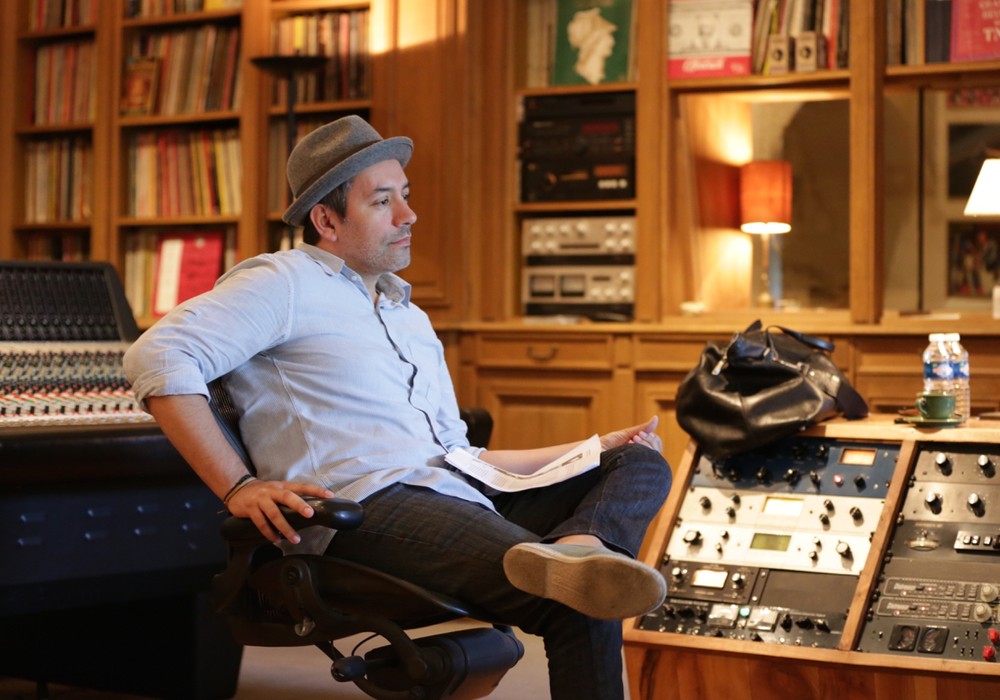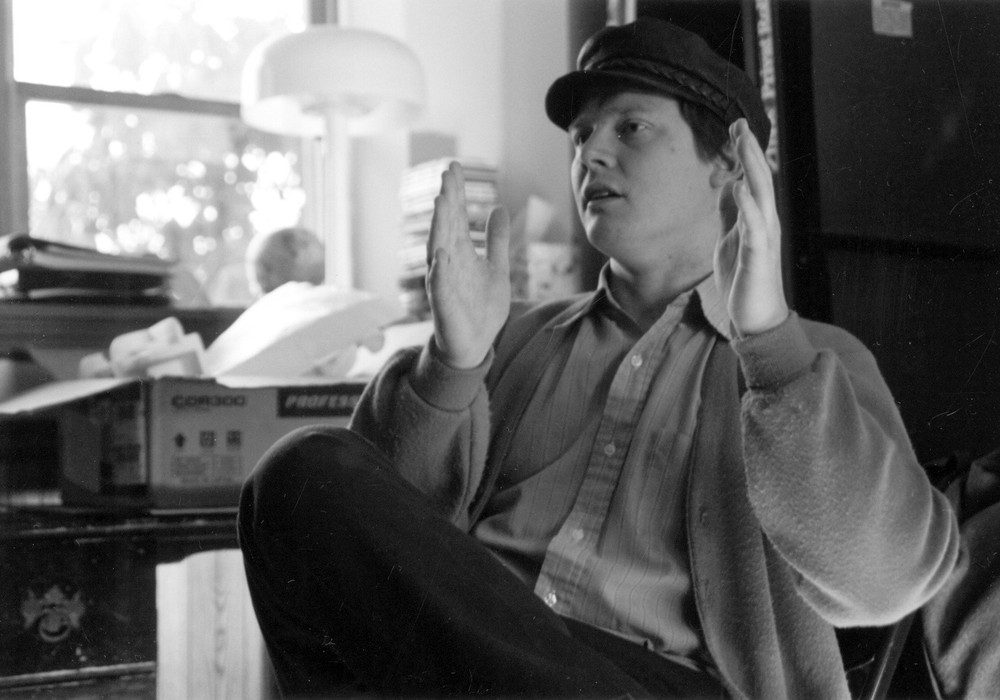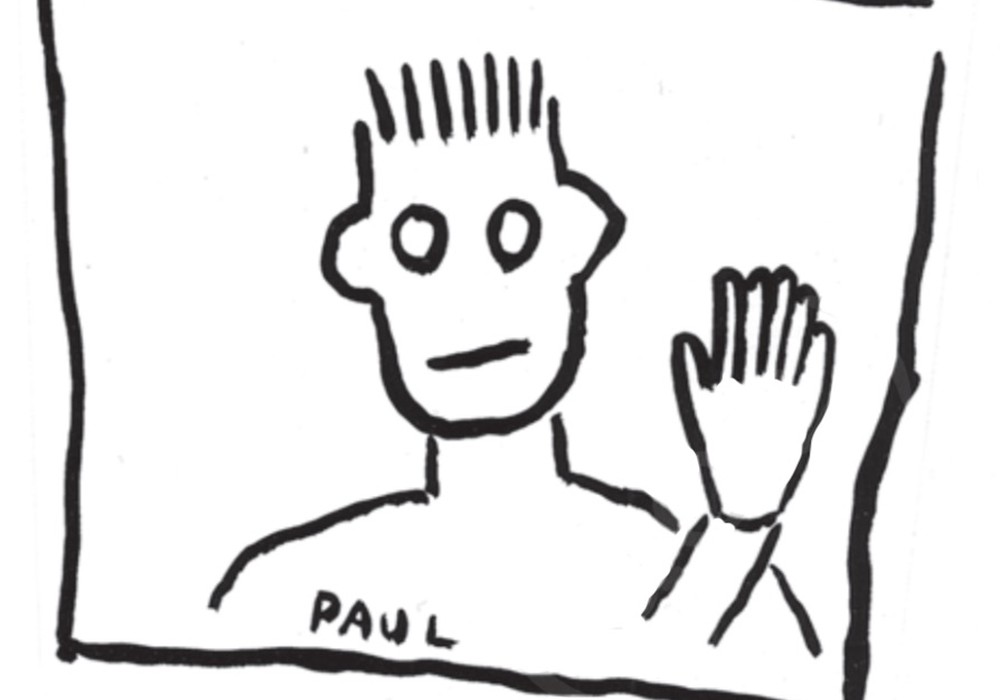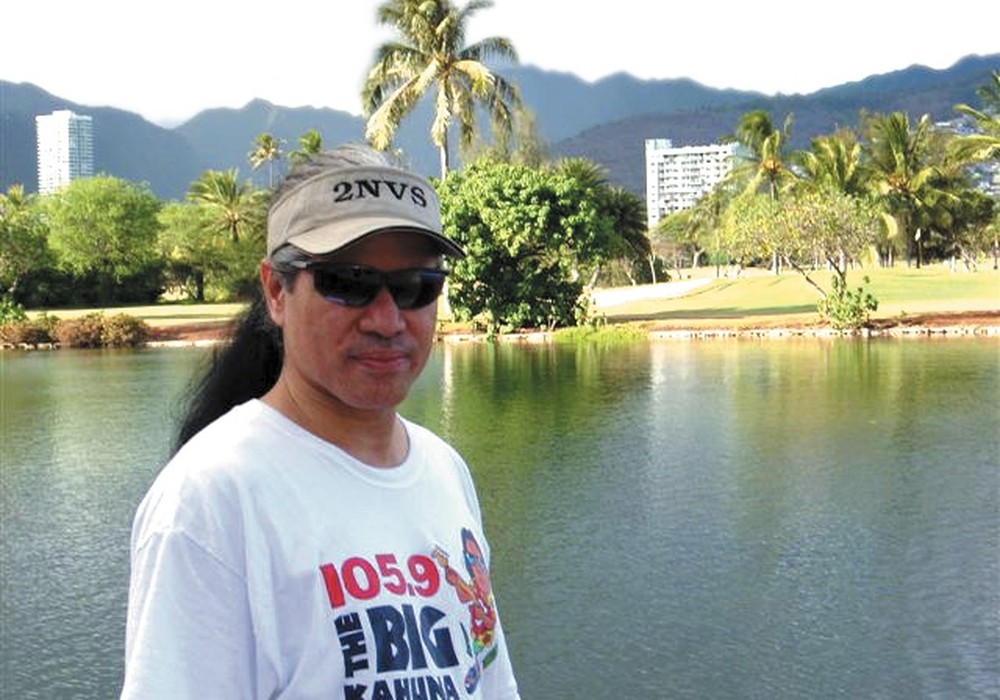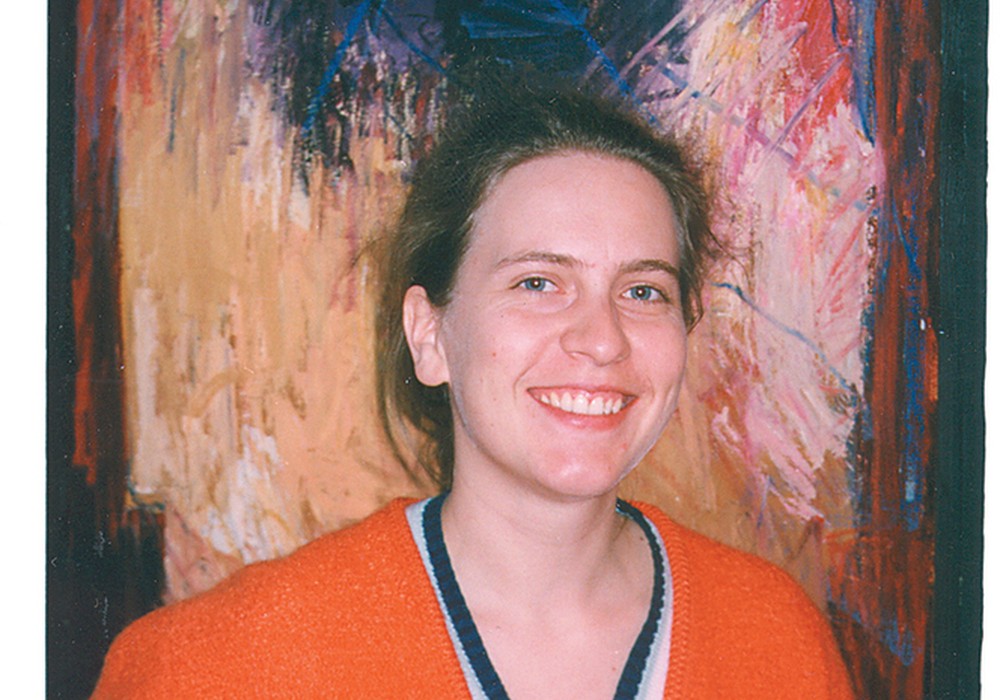Back when I was first starting out, all my friends' bands wanted to make their records with Lou Whitney. He was the first "Professional Recording Engineer" I ever met, when a friend brought me to Lou's Column One Recording in Springfield, Missouri. We toured the studio, and Lou was cordial, funny, and had plenty of good advice for a young engineer, (i.e., become a lawyer). As time went on we became good friends, and when he hired me to work for him at the studio and on the road with his band The Skeletons, it was the gig I had been waiting for. The things I learned there were innumerable, but mostly I loved his approach to recording an entire band live in the room and his fantastic sense of humor. He also writes a pretty damn good song now and then...
How did you end up in Springfield, Queen City of the Ozarks?
I majored in real estate. I was in bands, but I never ever thought that bands would be my deal. I hadn't been educated in that realm. I was going to take a job, get married, and have a family. I interviewed for a job with a nationwide real estate firm that was headquartered in Springfield, Missouri. I came here and took a job. Then I subsequently became myself. I had no interest in the job, but I wanted to find out about all the bands. This was a very musical town, for a lot of reasons. The Ozark Jubilee [country music television show] had been here, and there was a lot going on in this town. There were publishing companies. Si Siman was a publisher; Ronnie Self, the songwriter, had been here.
Was that mostly because of the Ozark Jubilee?
Absolutely. This town got put on the map. Visionary guys like Si Siman and Ralph Foster got the Ozark Jubilee to come to Springfield, which meant that a nationwide network television show was broadcast every week from Springfield for several years. That's a big deal. As a kid, I watched the Ozark Jubilee. I remember watching Johnny Cash on there, and a young Willie Nelson. It was star after star. Wayne Carson Thompson, the guy who wrote "The Letter" lived here. He's my hero. He also wrote "Neon Rainbow" and "Always on My Mind." You can't even count the number of songs he wrote by himself. Big hits. He had a little studio called Top Talent at the end of Elm Street and Glenstone Avenue. There's an insurance agency in there now. I had met Wayne one time before, so it didn't take me long to find my way in there. It also didn't take me very long to find my way into disfavor with the management of the company that I had chosen to work for. I was terminated for lack of interest in corporate real estate.
How old were you?
Twenty-seven. It took me six years to get out of college. I still had a healthy interest in playing. I noticed right away that there were some good players here, like Lloyd Hicks, D. Clinton Thompson, and Wayne Carson. There was a nucleus of these players who rose above it all. They wrote their own songs and had the benefit of being in Springfield. Si Siman, by virtue of his hookup with the Ozark Jubilee, met big dogs in other cities. There he learned about music publishing, royalties, and ownership of copyrights. He got into the publishing business and provided a home for people who were creative enough to come up with a song; he also offered them criticism and help. He'd say, "Hmm, you might be a little deprecating on your bad girlfriend there. People don't want to hear that." I'd sit there and listen to him; it'd go in one ear, out the other, then back in, but everything that the guy told me turned out to be spot-on. He was Wayne Carson's publisher and manager, and they owned the studio together. I started hanging around with these guys, as well as different people in the Springfield crowd. The Ozark Mountain Daredevils came from here; they were one of the first bands to bust out in the early '70s, writing their own songs.
And you were married at this point?
I got divorced and married again, to Maralie. She was a keyboard player and we played together over the years. Springfield was always home. We were on the road, off around the country playing; but even if the address in Springfield happened to be a storage bin for several months, most of the time we had a residence here. Finally we came back to Springfield and stayed for a while. Then I started forming solid relationships with guys like D. Clinton Thompson and Lloyd Hicks. We had similar musical interests and humorous-type personalities. We made fun of the same stuff. I'm sure other people made fun of us in reverse. Being a guy who plays bass, you get in between guys like Lloyd...
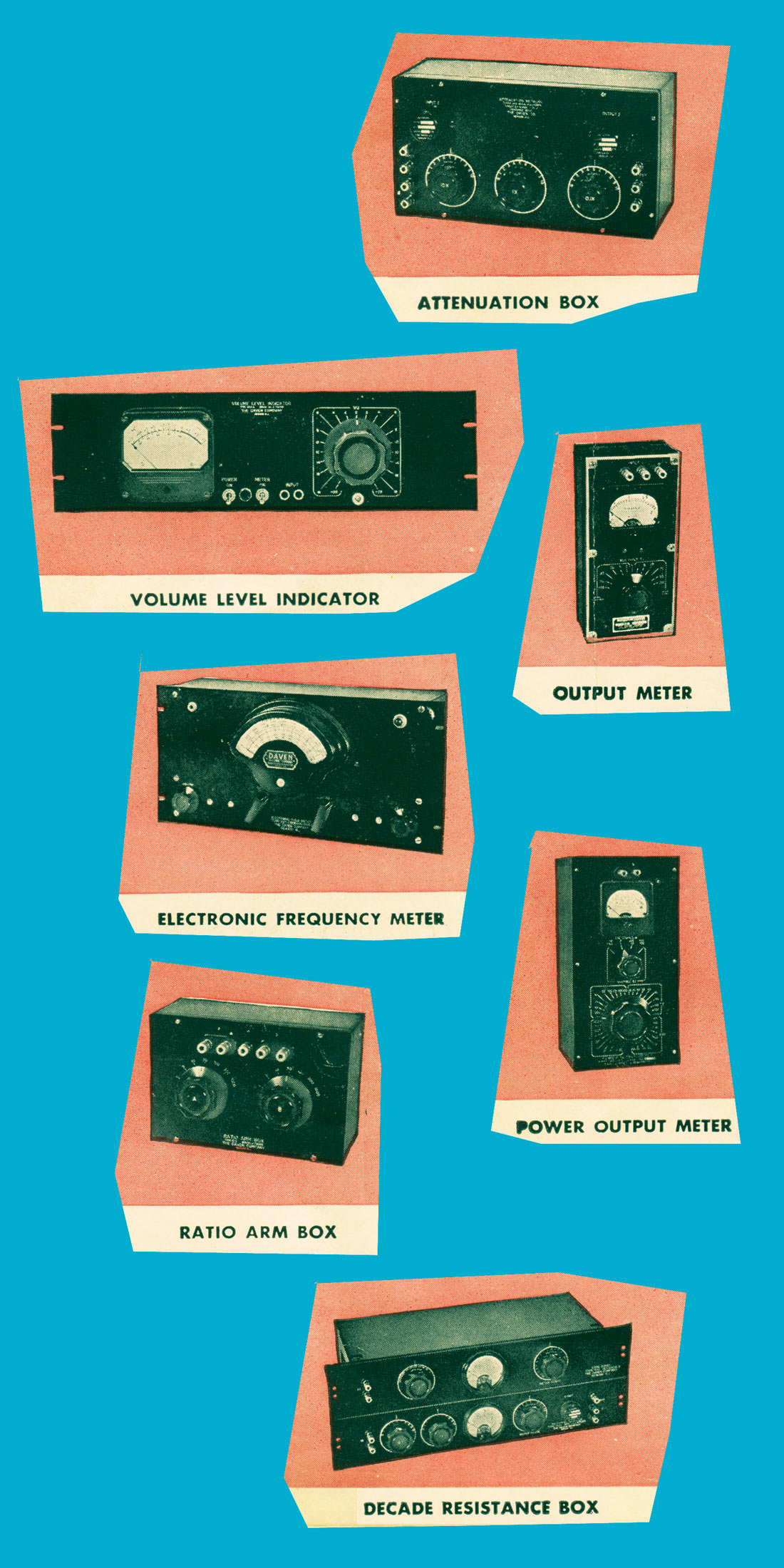

_display_hires.jpg)
